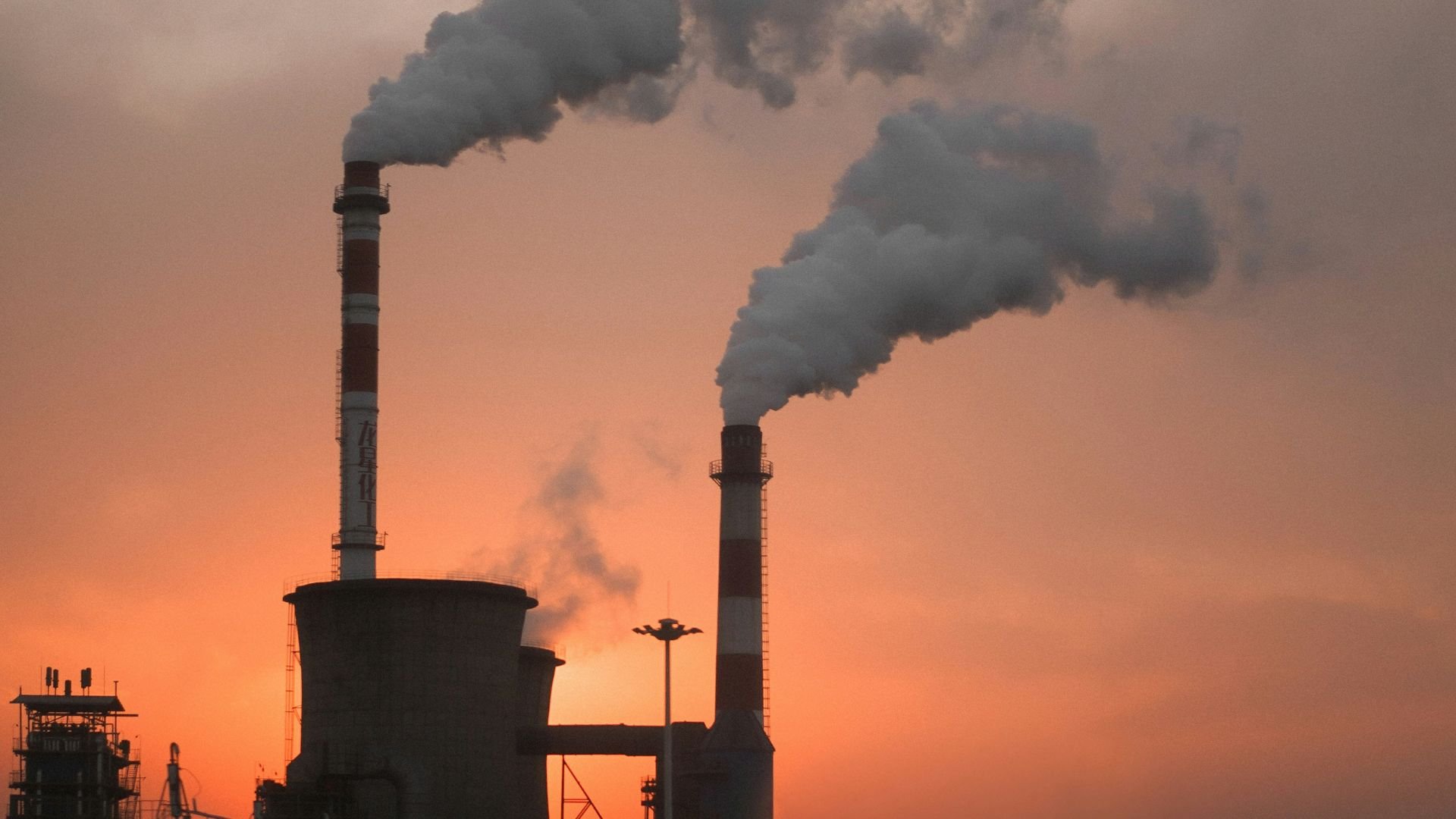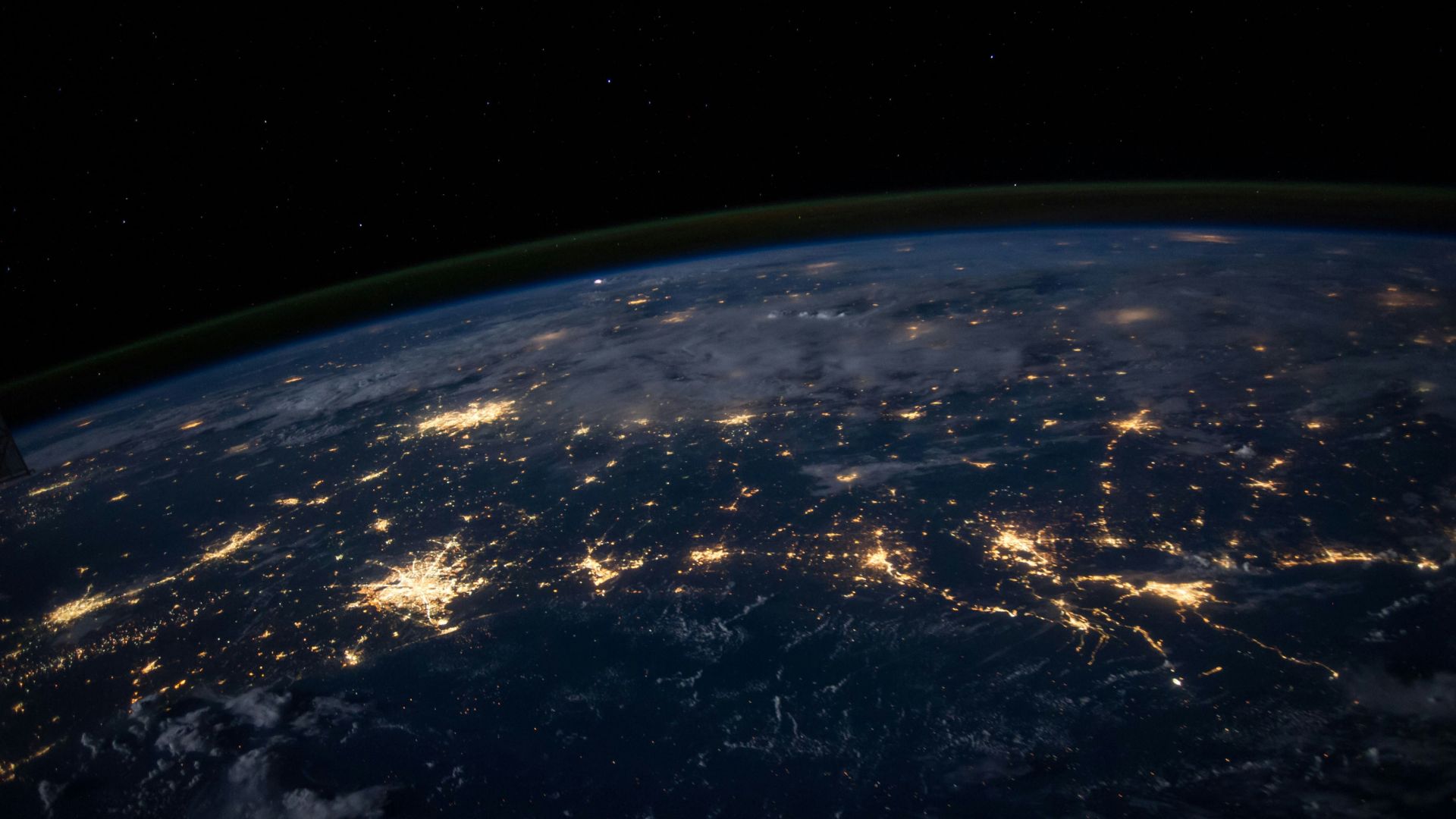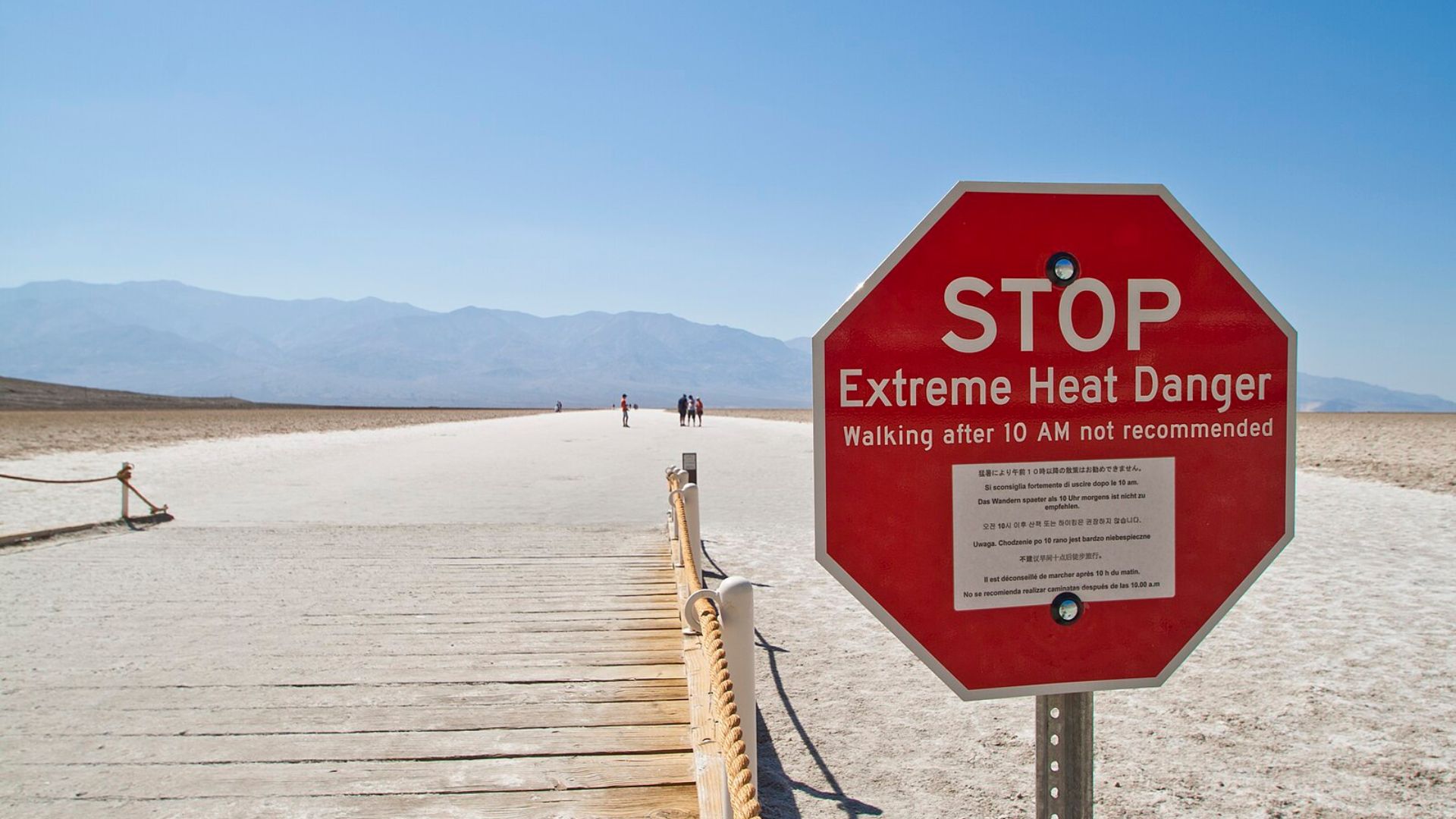A new global climate change study conducted by a group of 57 scientists around the world has gone into preprint.
The study aimed to examine the record heat observed in 2023, ultimately concluding that 92% of it was caused by humans. However, although the study found global temperatures are rising, researchers also found that there was no significant acceleration of human-based climate change beyond what was expected.
New Study

The report, titled “Indicators of Global Climate Change 2023: annual update of key indicators of the state of the climate system and human influence,” used UN-approved methods in an attempt to find out what behind the heat wave in 2023.
“We follow methods as close as possible to those used in the IPCC Sixth Assessment Report (AR6) Working Group One (WGI) report,” said the study abstract.
Need for More Information

The motivation for this report was to provide timely information with high standards that exceed that of typical reports, which often have publishing intervals that last years.
“Evidence-based decision-making needs to be informed by up-to-date and timely information on key indicators of the state of the climate system and of the human influence on the global climate system. However, successive IPCC reports are published at intervals of 5–10 years, creating potential for an information gap between report cycles,” the report said.
2023 Heat Wave

The increase in average global temperatures made 2023 reportedly the hottest year since global records started being kept in 1850.
The 10 hottest years on record during the 174-year history of researchers keeping track have all happened in the past ten years.
Unusual Jump

Climate researchers and scientists have predicted continually rising temperatures, but 2023’s jump was unusual because it was hard to pinpoint an exact cause in the data.
This increased warming happened even without a sudden unforeseen acceleration in fossil fuel burning, and the report found that there has not been a significant acceleration in human-caused climate change.
Unprecedented Rate of Warming

This report found that human-induced warming has become unprecedented, even as some human-induced climate change actions have been slowing down, leading to researchers scratching their heads and desiring more research to be done on the topic.
“Human-induced warming has been increasing at rate that is unprecedented in the instrumental record…Despite this, there is evidence that the rate of increase in CO₂ emissions over the last decade has slowed compared to the 2000s, and depending on societal choices, a continued series of these annual updates over the critical 2020s decade could track a change of direction for some of the indicators presented here,” said the report.
Worse But Predictable

Lead author of the study, Piers Forster, a climate scientist at Leeds University in England, said that the data doesn’t suggest that climate change is accelerating, but rather following current model predictions.
“If you look at this world accelerating or going through a big tipping point, things aren’t doing that,” said Forster. “Things are increasing in temperature and getting worse in sort of exactly the way we predicted.”
Worst Case Scenario

The fact that the Earth is currently not running into a big tipping point of climate change acceleration is good news, but the current effects of climate change are still strongly felt.
“Acceleration if it were to happen would be even worse, like hitting a global tipping point, it would be probably the worst scenario,” said study co-author Sonia Seneviratne. “But what is happening is already extremely bad and it is having major impacts already now. We are in the middle of a crisis.”
Warming Rate Increase

The warming rate last year hit 0.47 degrees Fahrenheit per decade, which is up from the 0.45 degrees Fahrenheit it was in 2022.
Forster noted that this is not a significant difference between the two years, but nonetheless, it still made 2023 a record-breaking year for warming temperatures.
Political Worries

Seperate from scientists in the new study, there are climate researchers who find the report worrying, particularly because of the political division around addressing climate problems.
“Choosing to act on climate has become a political talking point but this report should be a reminder to people that in fact it is fundamentally a choice to save human lives,” said University of Wisconsin climate scientist Andrea Dutton. “To me, that is something worth fighting for.”
Biden on Climate Change

During his time as President, Joe Biden has created an agenda to address and tackle climate change, and making it central to his current political platform.
This agenda has been roundly criticized by Republicans and other critics for being “not based in reality” and that it unnecessarily raises prices and threatens American job security. This political climate makes it hard for these forces to agree on a solution to the currently observed problems.
Future in Our Hands

Katharine Hayhoe, a climate scientist at Texas Tech, feels that the future of dealing with the effects of climate change will be in the hands of humans more so than anything nature can do on its own.
“The future is in our hands. It’s us — not physics, but humans — who will determine how quickly the world warms and by how much,” said Hayhoe.

